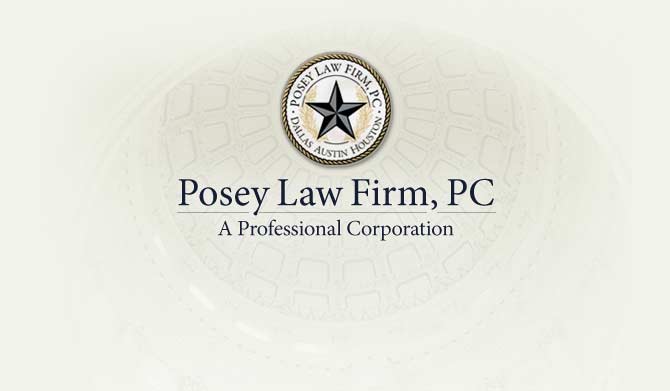Since the founding of the republic, state governments have dutifully interpreted federal laws in ways that have best suited their constituencies. One of the more recent federal requests, that states turn over voting records to the Trump administration's Election Integrity Commission, has revealed surprising bipartisan alliances and agreements. While states like Massachusetts, Mississippi, Louisiana, New York and others have outright refused to provide any voter information, other states, including Texas, have shown a more judicious response.
The Feds Cannot Have It All
Attorney Jake Posey explains that each state has its own privacy laws. Many of the states that have agreed to send information to the Commission are only sending information that is legally in the public sphere. So while driver's license information is publicly available in the state of Nevada, the same information isn't made public in Ohio. As for Texas, neither Secretary of State Rolando Pablos nor Governor Abbott have detailed the information Texas will provide to the federal government but both men have assured Texans that private information will not be shared. In other words, in accordance with Texas law, the last four numbers of your Social Security account are safe.
Neither Can the Private Sector
Lack of uniform privacy laws across states will likely compromise the Commission's efforts. Incomplete and/or irregular national data are hardly a firm foundation for an efficacious study. NGOs and private groups have experienced similar struggles. Since national organizations rely heavily on data to reach out to voters and promote legislation, a thorough understanding of local politics, regional preferences and voter attitudes regarding privacy is essential when proposing legislation or lobbying for a national organization.
For more information on leveraging publicly available voter information in the state of Texas, please contact us.


